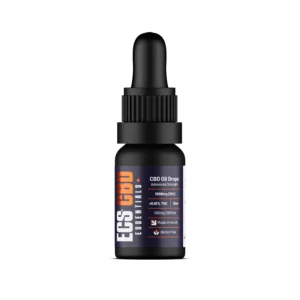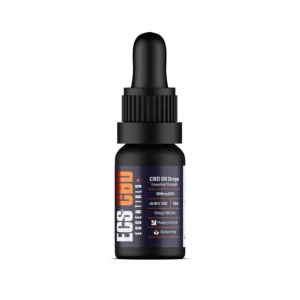Terpenes are organic compounds found in various plants, including cannabis. These aromatic molecules are responsible for giving plants their distinct scents and flavors. In cannabis, terpenes play a crucial role in enhancing the overall effects of the plant, working synergistically with cannabinoids like CBD and THC.
Terpenes work by interacting with the body’s endocannabinoid system, a complex network of receptors that help regulate various physiological processes. When terpenes are inhaled or ingested, they bind to these receptors, influencing the way cannabinoids interact with the body. This interaction can affect the intensity and duration of the effects experienced by the user.
Each terpene has its own unique properties and potential health benefits. For example, myrcene, commonly found in cannabis, is known for its sedative and relaxing effects. Limonene, on the other hand, has a more uplifting and energizing quality. By combining different terpenes with cannabinoids, users can customize their cannabis experience to suit their needs and preferences.
In addition to their effects on the body, terpenes also have potential therapeutic benefits. Some terpenes have anti-inflammatory, analgesic, and anti-anxiety properties, making them valuable in the treatment of various health conditions. Research into the medicinal properties of terpenes is ongoing, with promising results suggesting that these compounds may play a significant role in the future of healthcare.
Overall, terpenes are essential components of the cannabis plant that contribute to its unique effects and flavors. By understanding how terpenes work and their potential benefits, users can make more informed choices about the products they consume and the effects they wish to achieve.











